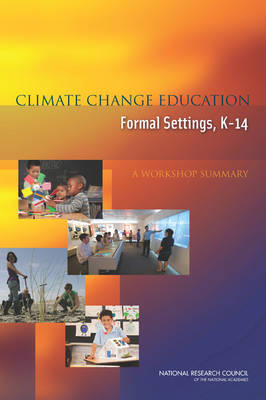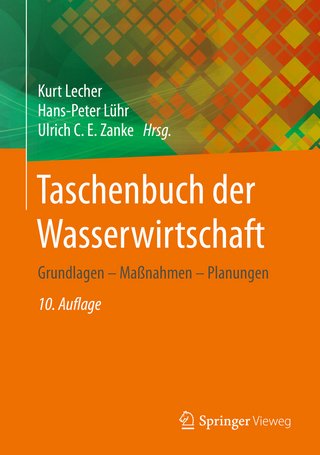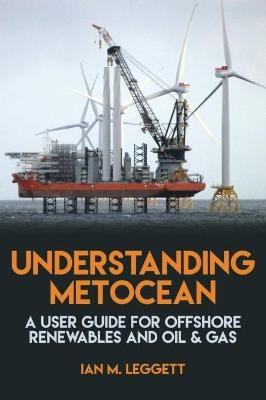
Climate Change Education in Formal Settings, K-14
A Workshop Summary
Seiten
2012
National Academies Press (Verlag)
978-0-309-26016-9 (ISBN)
National Academies Press (Verlag)
978-0-309-26016-9 (ISBN)
Climate change is occurring, is very likely caused by human activities, and poses significant risks for a broad range of human and natural systems. Each additional ton of greenhouse gases emitted commits us to further change and greater risks. In the judgment of the Committee on America's Climate Choices, the environmental, economic, and humanitarian risks of climate change indicate a pressing need for substantial action to limit the magnitude of climate change and to prepare to adapt to its impacts. A principal message from the recent National Research Council report, America's Climate Choices, this brief summary of how climate change will shape many aspects of life in the foreseeable future emphasizes the vital importance of preparation for these changes.
The report points to the importance of formal and informal education in supporting the public's understanding of those challenges climate change will bring, and in preparing current and future generations to act to limit the magnitude of climate change and respond to those challenges. Recognizing both the urgency and the difficulty of climate change education, the National Research Council, with support from the National Science Foundation, formed the Climate Change Education Roundtable. The roundtable brings together federal agency representatives with diverse experts and practitioners in the physical and natural sciences, social sciences, learning sciences, environmental education, education policy, extension education and outreach, resource management, and public policy to engage in discussion and explore educational strategies for addressing climate change.
Two workshops were held to survey the landscape of climate change education. The first explored the goals for climate change education for various target audiences. The second workshop, which is the focus of this summary, was held on August 31 and September 1, 2011, and focused on the teaching and learning of climate change and climate science in formal education settings, from kindergarten through the first two years of college (K-14). This workshop, based on an already articulated need to teach climate change education, provided a forum for discussion of the evidence from research and practice. The goal of this workshop was to raise and explore complex questions around climate change education, and to address the current status of climate change education in grade K-14 of the formal education system by facilitating discussion between expert researchers and practitioners in complementary fields, such as education policy, teacher professional development, learning and cognitive science, K-12 and higher education administration, instructional design, curriculum development, and climate science. Climate Change Education in Formal Settings, K-14: A Workshop Summary summarizes the two workshops.
Table of Contents
Front Matter
1 Introduction
2 Student Understanding of Climate Change
3 Science Education Standards and Climate Change
4 Teacher Understanding and Preparation
5 Innovations at the High School and College Levels
6 Closing Discussion: Major Messages and Parting Thoughts
References
Appendix A: Workshop Agenda and List of Participants
Appendix B: Climate Change Education Roundtable
Appendix C: Biographical Sketches of Presenters, Steering Committee Members, and Staff
The report points to the importance of formal and informal education in supporting the public's understanding of those challenges climate change will bring, and in preparing current and future generations to act to limit the magnitude of climate change and respond to those challenges. Recognizing both the urgency and the difficulty of climate change education, the National Research Council, with support from the National Science Foundation, formed the Climate Change Education Roundtable. The roundtable brings together federal agency representatives with diverse experts and practitioners in the physical and natural sciences, social sciences, learning sciences, environmental education, education policy, extension education and outreach, resource management, and public policy to engage in discussion and explore educational strategies for addressing climate change.
Two workshops were held to survey the landscape of climate change education. The first explored the goals for climate change education for various target audiences. The second workshop, which is the focus of this summary, was held on August 31 and September 1, 2011, and focused on the teaching and learning of climate change and climate science in formal education settings, from kindergarten through the first two years of college (K-14). This workshop, based on an already articulated need to teach climate change education, provided a forum for discussion of the evidence from research and practice. The goal of this workshop was to raise and explore complex questions around climate change education, and to address the current status of climate change education in grade K-14 of the formal education system by facilitating discussion between expert researchers and practitioners in complementary fields, such as education policy, teacher professional development, learning and cognitive science, K-12 and higher education administration, instructional design, curriculum development, and climate science. Climate Change Education in Formal Settings, K-14: A Workshop Summary summarizes the two workshops.
Table of Contents
Front Matter
1 Introduction
2 Student Understanding of Climate Change
3 Science Education Standards and Climate Change
4 Teacher Understanding and Preparation
5 Innovations at the High School and College Levels
6 Closing Discussion: Major Messages and Parting Thoughts
References
Appendix A: Workshop Agenda and List of Participants
Appendix B: Climate Change Education Roundtable
Appendix C: Biographical Sketches of Presenters, Steering Committee Members, and Staff
1 Front Matter; 2 1 Introduction; 3 2 Student Understanding of Climate Change; 4 3 Science Education Standards and Climate Change; 5 4 Teacher Understanding and Preparation; 6 5 Innovations at the High School and College Levels; 7 6 Closing Discussion: Major Messages and Parting Thoughts; 8 References; 9 Appendix A: Workshop Agenda and List of Participants; 10 Appendix B: Climate Change Education Roundtable; 11 Appendix C: Biographical Sketches of Presenters, Steering Committee Members, and Staff
| Erscheint lt. Verlag | 2.11.2012 |
|---|---|
| Verlagsort | Washington |
| Sprache | englisch |
| Maße | 152 x 229 mm |
| Themenwelt | Naturwissenschaften ► Geowissenschaften ► Meteorologie / Klimatologie |
| Sozialwissenschaften ► Pädagogik | |
| ISBN-10 | 0-309-26016-7 / 0309260167 |
| ISBN-13 | 978-0-309-26016-9 / 9780309260169 |
| Zustand | Neuware |
| Informationen gemäß Produktsicherheitsverordnung (GPSR) | |
| Haben Sie eine Frage zum Produkt? |
Mehr entdecken
aus dem Bereich
aus dem Bereich
Grundlagen – Maßnahmen – Planungen
Buch | Hardcover (2021)
Springer Fachmedien Wiesbaden GmbH (Verlag)
149,99 €
A User Guide for Offshore Renewables and Oil & Gas
Buch | Hardcover (2024)
Whittles Publishing (Verlag)
56,10 €
das Wolkenbuch für alle
Buch | Softcover (2024)
Seifert Verlag
20,00 €


